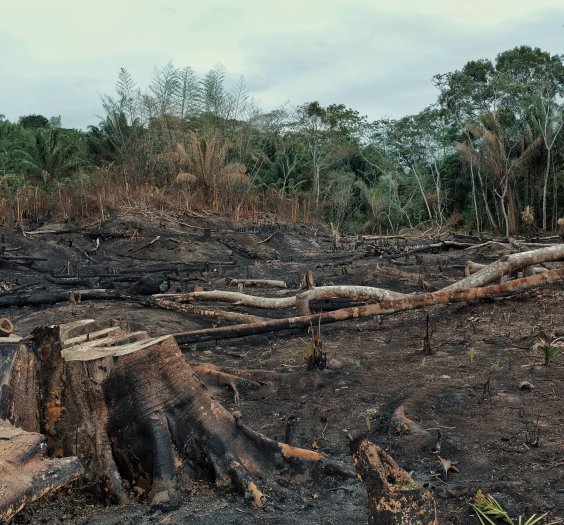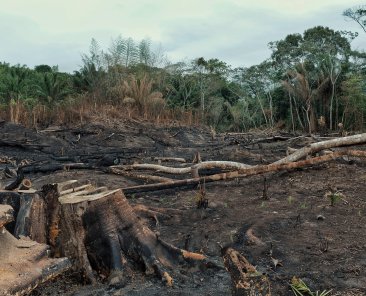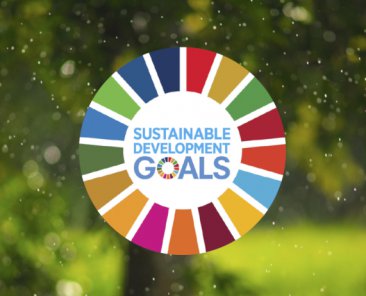Sustainability
Lumina Intelligence Sustainability provides reports on the sustainable sourcing of cocoa, tea and coffee – three commodities facing similar social and environmental concerns.
Our reports help companies, suppliers, NGOs, governments and academics strengthen programmes, target research efforts and gauge demand for ethical products among online consumers.
Did you know?
28% with sustainable claims
Nearly 3 in 10 of chocolate (cocoa), tea and coffee products captured by Lumina Intelligence have sustainable claims1.
Majority third-party certified
Of products with sustainable claims 89% are third-party certified and 11% are own-label programmes.
Top industry commitments
Commitments from the food & drink industry tackle the above UN Sustainable Development Goals most frequently*.
FREE WHITEPAPER
The global market for organic tea, coffee and chocolate: In this paper, we delve into Lumina’s data haul on organic tea, coffee and chocolate brands in 20 countries in five online retailers per country. From this data, we will track differences in certification, engagement, retail prices and availability. We will also highlight regulatory moves that could impact demand.
Market Insight
February 2019
Food & Drink Sustainability 2019 – Global Progress Report

The ‘Food & Drink Sustainability 2019 – Global Progress Report’ captures how the food & drink industry is responding to some of the most pressing issues facing the planet. Lumina Intelligence has analysed more than 900 commitments made by some of the largest players in food & drink through corporate social responsibility (CSR) reports and media releases. This report reviews how aligned industry pledges are to the UN’s Sustainable Development Goals. The analysis features pledges by manufacturers such as Nestlé, suppliers such as Cargill, food service operators like Starbucks and retailers such as Walmart and Amazon.
Vladimir Pekic & Oliver Nieburg
February 2019
Creating value at source with cocoa provenance claims



Cocoa origin claims on chocolate products are rare and at odds with the main sourcing regions of cocoa. This report proposes a model for companies to promote cocoa sourcing regions through marketing while supporting sustainable development. Discover the most common cocoa origin claims based on research of 1,000+ chocolate products across 20 countries sold online. Also, find out how provenance claims impact price and which chocolate consuming markets make the most cocoa origin claims. This report answers if it is worthwhile for brands to indicate cocoa origin on-pack and online and how farmers can benefit.
Oliver Nieburg




